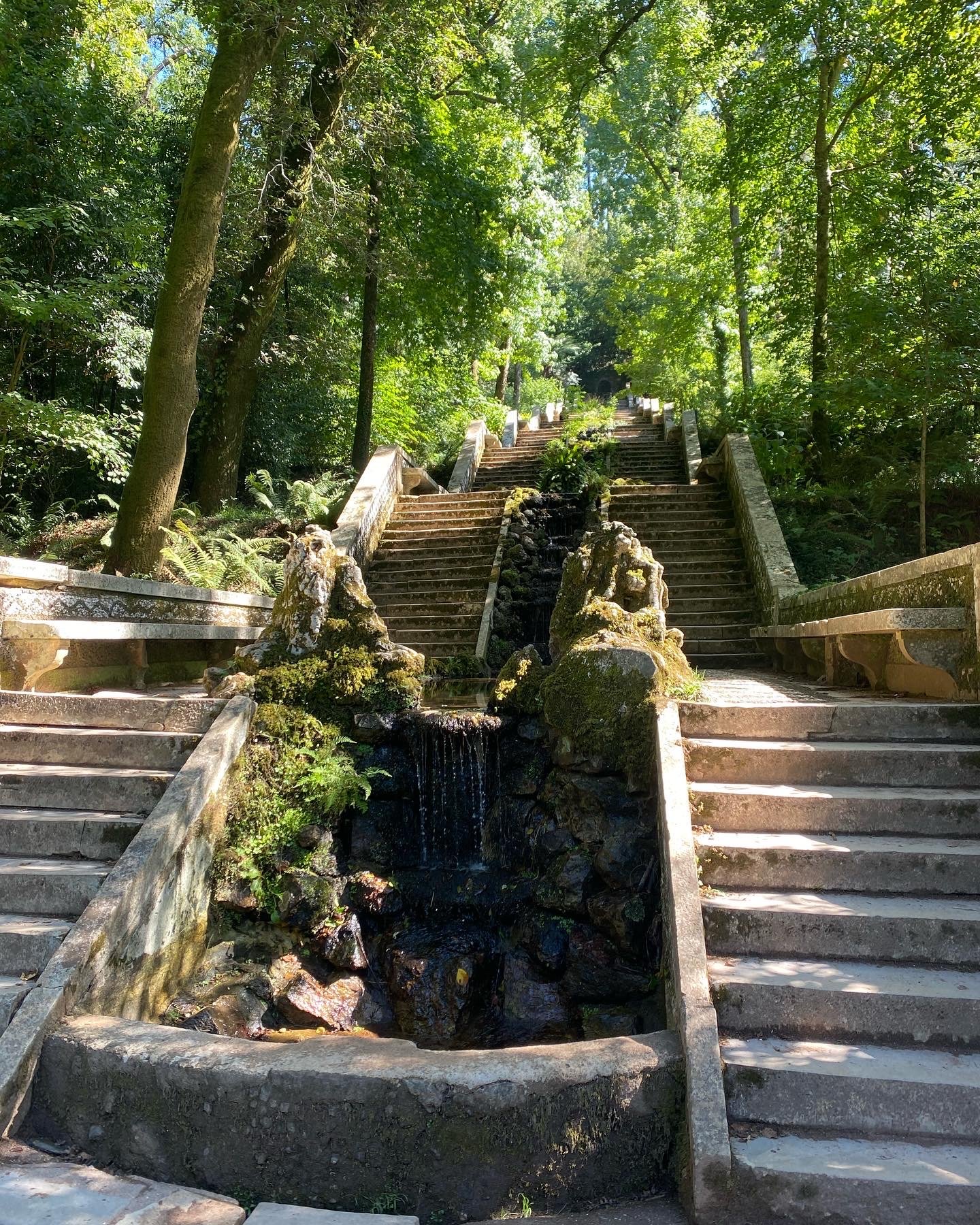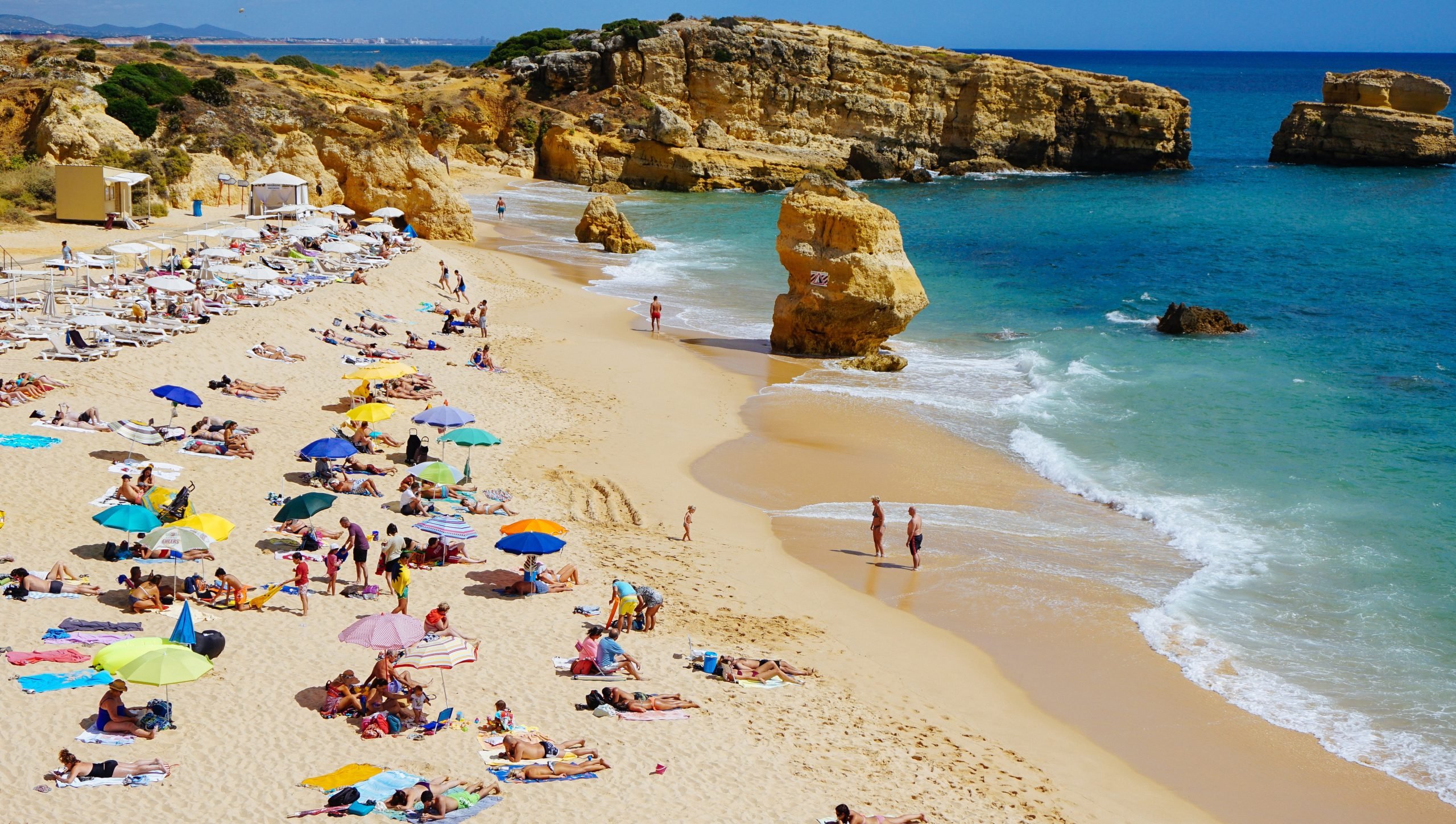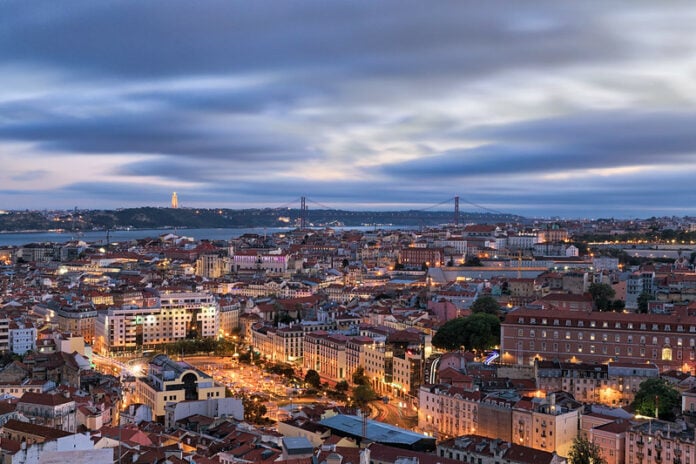Portugal is an endlessly fascinating country with a deep history and an interesting mix of tradition and modern comforts, but to fully enjoy your visit and connect with the local culture, it’s crucial to be mindful of certain customs. Whether you’re sipping coffee in Lisbon or exploring the vineyards of Douro, this list of 25 things not to do in Portugal will guide you through common pitfalls and help you better respect and adapt to Portuguese norms.
1. Don’t expect fast service at restaurants.
The Portuguese value taking time to enjoy meals which reflects their broader appreciation of life’s leisurely pace. This cultural norm means service might be slower than what you’re used to, so embrace this opportunity to relax and savor your meal. Patience will allow you to appreciate the ambiance and the meticulous preparation of your food, aligning with the Portuguese custom of simply enjoying the moment.

2. Don’t expect people to show up on time.
This is directly connected with #1. It’s the same principle. If you set a meeting time, your Portuguese friends will likely arrive as early as 10 minutes late and often 20-30 minutes after you originally planned. In larger cities, this is often related to traffic. Over time, you may find yourself finally adapting to this Portuguese custom and feel ok about showing up later yourself. Don’t take this lateness personally. It’s just the Portuguese way.
3. Don’t speak Spanish to the Portuguese.
Although Portugal shares the Iberian Peninsula with Spain, the Portuguese take pride in their distinct language and culture. Speaking Spanish might be seen as neglecting their national identity. To show respect and cultural sensitivity, try using a few basic Portuguese phrases, which will be appreciated and can greatly enhance your interactions. The Portuguese do understand most Spanish and may respond to you in Spanish, but this doesn’t mean that this is what they prefer. Try your best to learn some Portuguese.
4. Don’t be impatient while waiting in line.
In Portugal, lining up is a practice taken seriously, and skipping ahead or showing impatience can be seen as rude. Most public services in Portugal have systems where you can take a number. So wait your turn patiently, whether at a cafe or a public service, and do as the locals do.
5. Don’t ignore the siesta tradition.
In Portugal, particularly in smaller towns and rural areas, some shops and businesses close in the early afternoon for siesta. This break in the day is a time for rest and family. Planning your day around these hours shows respect for local customs and ensures you don’t find yourself standing in front of a closed shop right when you need it.
6. Don’t forget to say “thank you” and “please.”
Politeness is highly valued in Portuguese society. Simple courtesies like saying “obrigado/obrigada” (thank you) and “por favor/se faz favor” (please) can go a long way in showing respect and can often lead to friendlier interactions and more attentive service.
7. Don’t overlook small towns and rural areas.
While cities like Lisbon and Porto attract most tourists, Portugal’s small towns and rural landscapes offer rich traditions and serene beauty. Skipping these less traveled paths means missing out on the heart and soul of Portuguese heritage, from ancient castles to local festivals. We recommend checking out towns such as Marvão, Monchique, and Luso to start.

8. Don’t expect everyone to speak English.
In major cities and tourist spots, many Portuguese speak English, but don’t assume this is the case everywhere. In more rural areas, English may not be commonly spoken, so having a translation app or a phrasebook can be very helpful.
9. Don’t plan vigorous activities for the afternoon.
Portugal can be quite hot, especially during the summer months. It’s wise to avoid planning strenuous activities during the midday heat. Instead, follow the local custom of taking it easy during the hottest part of the day, perhaps enjoying a long lunch or a siesta like the locals.

10. Don’t ignore the dress code when visiting religious sites.
When entering churches or other religious sites, it’s important to dress modestly out of respect for the local culture and religious practices. Shoulders and knees should be covered, and hats removed, to show reverence in these sacred spaces.
11. Don’t rely solely on credit cards.
While credit cards are widely accepted in larger cities in Portugal, smaller establishments and rural spots may only take cash. Always carry some euros to avoid being caught off guard when you step off the beaten path. Even some spots in Lisbon and Porto are still cash only.

12. Don’t forget to tip, but you don’t need to tip much.
Tipping is customary in Portugal, though not obligatory. It’s typical to leave a 5-10% gratuity in restaurants and cafes, and round up the fare for taxi drivers. You can basically just leave a few small coins and sometimes nothing at all. As an American, I started my time in Portugal tipping 20% and was then told to stop tipping almost completely by my European friends. Nowadays, I don’t tip more than 10% and sometimes leave nothing at all, depending on the situation. You can do the same.
13. Don’t walk around in swimwear away from the beach.
Dressing appropriately is key in Portuguese culture. Walking around in swimwear or overly casual beach attire in city centers or public places other than the beach is frowned upon.

14. Don’t bring up sensitive historical topics.
The history between Portugal and its former colonies can be a delicate subject. It’s best to avoid bringing up these topics unless you are well-informed and the context is appropriate. Sensitive discussions require sensitivity and respect for the complexities involved.
15. Don’t expect the same electrical standards.
I’ll never forget the moment that my Mom’s American hairdryer stopped working in Portugal before I had a chance to warn her. Portugal actually uses a 220-volt standard for electricity with two-pronged plugs. Travelers from countries with different standards, like the US, should remember to bring adapters to avoid damaging their electronic devices.

16. Don’t miss trying the local cuisine.
Portuguese cuisine, with its emphasis on fresh seafood, local ingredients, and delicious wine, is a central part of Portuguese culture. Avoiding local dishes in favor of more familiar foods means missing out on an authentic part of the Portuguese experience. And don’t even get us started on the pastéis de nata.

17. Don’t neglect basic safety.
While Portugal is the seventh safest country in the world according to the Global Peace Index, it’s still important to follow basic safety practices such as safeguarding your belongings and staying aware of your surroundings, especially in popular tourist areas. This prevents any unnecessary complications and ensures a smoother travel experience. Be especially careful when parking your car in popular tourist destinations, as there have been reports of carjackings. Hide your most important possessions under the seat or take them with you.

18. Don’t assume you can smoke anywhere just because you see more people smoking than you might see at home.
Portugal has strict smoking laws, with smoking banned in all enclosed public spaces. Before lighting up, look for designated smoking areas or ask if smoking is allowed to avoid fines and respect local regulations. This consideration will also enhance the comfort and health of those around you.

19. Don’t use your car horn unnecessarily.
In Portugal, as in many European countries, using the car horn is reserved for emergencies and to prevent accidents. Excessive use of the horn, especially in quiet neighborhoods or late at night, is seen as disruptive and rude. Drive respectfully and use the horn sparingly to avoid drawing negative attention.
20. Don’t skip the local markets.
Local markets are a treasure trove of fresh produce, traditional foods, and unique handicrafts, offering a glimpse into the daily life and culture of the Portuguese. Avoiding these markets means missing out on an authentic and enriching shopping experience, and the chance to directly support local artisans and producers.
21. Don’t underestimate the sun.
Portugal enjoys abundant sunshine, making it vital to protect yourself against sunburn and dehydration, especially during the summer. Always wear sunscreen, a hat, and sunglasses when outdoors, and carry water with you. These precautions will help you enjoy your activities safely.

22. Don’t forget to respect the ocean.
Portugal has some of the world’s most beautiful beaches but also the world’s biggest waves. There are frequently strong currents that, sadly, have resulted in numerous deaths over the years including young children. Only go in the water if you are fully confident with the situation. Do not get too close to rocks, stay with your children in the water, and know where the lifeguard is at all times. Respect what the lifeguard says regarding the surf conditions.

23. Don’t rush greetings or farewells.
In Portuguese culture, greetings and farewells are considered important rituals, often involving a handshake or even kisses on both cheeks among friends. It’s considered impolite to rush these interactions. Taking the time to engage in these customs not only shows respect but also helps in forming a genuine connection with locals.
24. Don’t ignore local driving customs.
Driving in Portugal can be challenging due to narrow roads and specific local driving behaviors. It’s important not to ignore these customs, such as yielding to the right on smaller roads and not overtaking on the inside lanes unless necessary. Observing these practices ensures safer driving experiences and respects the local driving etiquette.
25. Don’t refuse food or drink offers lightly.
When visiting a Portuguese home, it’s common to be offered food or drink, which are gestures of hospitality. Refusing without a good reason can sometimes be perceived as rude. If you’re not hungry or cannot partake for health reasons, it’s polite to at least try a small amount or express sincere gratitude for the offer.



Thank you for these tips.
I am hugely looking forward to visiting portugal in a couple of months. I am trying as a point of politeness to learn a few phrases of Portuguese.
Mucho Obrigado
Maureen McCallum
Hey there, Sorry, but we don’t do “siestas” that is from Spain not Portugal. I would try to cut that put specially if you mention not to mention Spanish to Portuguese ahah.
Also it’s – Muito Obrigado not “mucho” (that is also Spanish) this means – Thank you so much.
Best of luck to all those who are travelling, you are very welcome here ☺️ and o hope you have an amazing time when visiting.
Obrigada!
Thank you is abrigada if you are a woman and abrigado if you are a man.
I meant to say obrigada and obrigado. Please note correction! Thx.